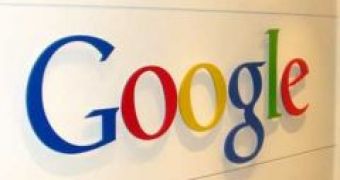After almost two years of circling around Yahoo, Microsoft has moved in for the kill with a $44.6 billion acquisition proposal. Yahoo has referred to the bid as unsolicited, after it had in the past turned down similar deals that were made during private negotiations. But on February 1, 2008, the Redmond company went public with a marriage proposal that was presented to the Yahoo Board of Directors only a day before. And by going public with the offer, Microsoft has opened the Pandora's box of speculations, predictions, merger forecasts, and criticism.
In this context, Google is the most vehement of Microsoft opponents, and the Mountain View-based search giant has come out and lashed at the Redmond company for the Yahoo acquisition proposal. "The openness of the Internet is what made Google - and Yahoo! - possible. A good idea that users find useful spreads quickly. Businesses can be created around the idea. Users benefit from constant innovation. It's what makes the Internet such an exciting place," explained David Drummond, Senior Vice President, Corporate Development and Chief Legal Officer.
Drummond went on to point the finger at Microsoft's hostile bid for Yahoo, citing troubling questions, and advising that the Redmond company would kill openness and innovation by taking over the Sunnyvale Internet giant. Google accused Microsoft of migrating the "inappropriate and illegal influence" from the operating system market to the Internet, and aiming to establish its business strategy revolving around proprietary monopoly on the web.
In turn, Microsoft lashed back at Google though Brad Smith, General Counsel: "The combination of Microsoft and Yahoo! will create a more competitive marketplace by establishing a compelling number two competitor for Internet search and online advertising. The alternative scenarios only lead to less competition on the Internet. (...) Microsoft is committed to openness, innovation, and the protection of privacy on the Internet. We believe that the combination of Microsoft and Yahoo! will advance these goals."
Smith instead accused Google of having a monopoly over the Internet: "Today, Google is the dominant search engine and advertising company on the Web. Google has amassed about 75 percent of paid search revenues worldwide and its share continues to grow. According to published reports, Google currently has more than 65 percent search query share in the U.S. and more than 85 percent in Europe. Microsoft and Yahoo! on the other hand have roughly 30 percent combined in the U.S. and approximately 10 percent combined in Europe."

 14 DAY TRIAL //
14 DAY TRIAL //